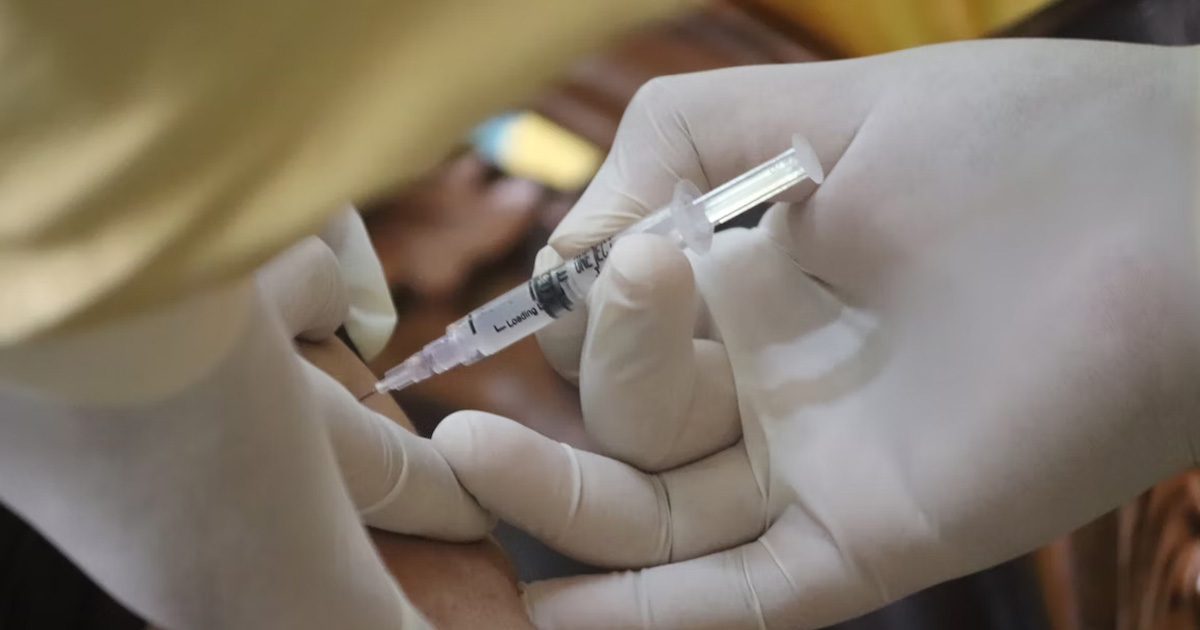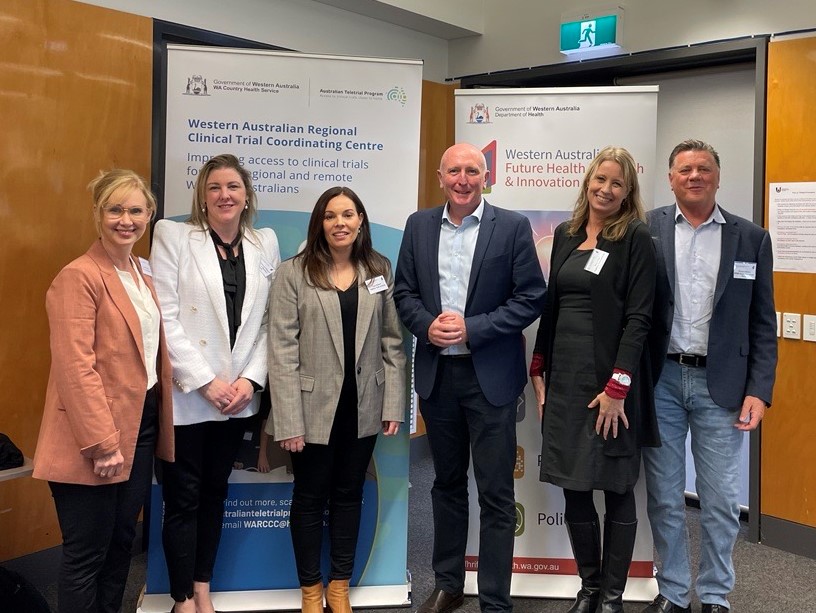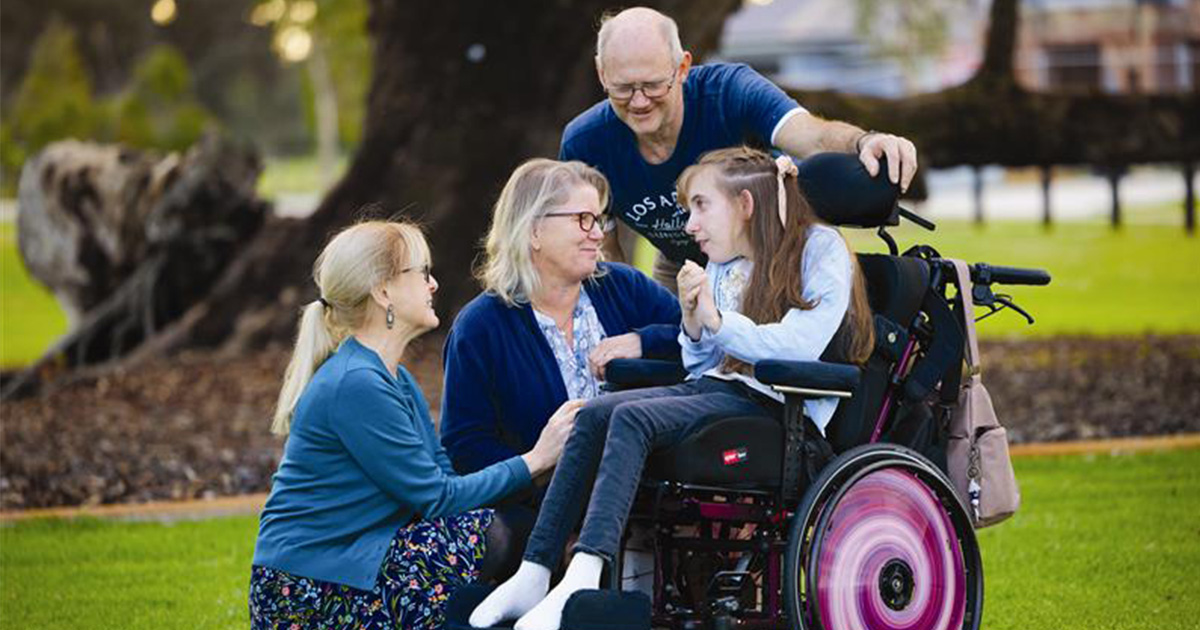Search
Showing results for "Au"
Research
Associations between anxious-depressed symptoms and cardiovascular risk factors in a longitudinal childhood studyThe objective of the study was to examine the influence of anxious/depressed scores on cardiovascular risk factors throughout childhood.
Research
Variability in paediatric outcomes within wealthy countriesOverall rates of preterm birth have remained fairly static over the last two decades, inequalities between Aboriginal & non-Aboriginal infants have increased
Research
Dissection of the genetics of Parkinson's disease identifies an additional association 5' of SNCA and multipleDissection of the genetics of Parkinson's disease identifies an additional association 5' of SNCA and multiple associated haplotypes at 17q21We performed...
Research
A retrospective population-based cohort study identifying target areas for prevention of acute lower respiratory infections in childrenAcute lower respiratory infections (ALRI) are a major cause of hospitalisation in young children
Research
Privacy or public good? Why not obtaining consent may be best practiceUsing medical and other data from private citizens without obtaining the consent of those citizens has been a taboo of statisticians and of society
Research
New genetic loci implicated in fasting glucose homeostasis and their impact on type 2 diabetes riskLevels of circulating glucose are tightly regulated. To identify new loci influencing glycemic traits, we performed meta-analyses of 21 genome-wide...

News & Events
Old, painful rheumatic heart disease treatment could be phased outAn international trial reveals 95% of rheumatic heart disease patients prefer less painful penicillin injections under the skin, aiming to improve treatment adherence.

News & Events
Study suggests flu vaccine may take edge off RSV casesA The Kids Research Institute Australia study has suggested the seasonal flu vaccine for children could also protect them from respiratory syncytial virus (RSV), with the dual benefit easing pressure on hospitals.

News & Events
WA Cohorts Network welcomes FHRI Funding AnnouncementThe State Government has launched the new WA Cohort Studies Research Project Support Program, recognising the value and importance of the three major cohort studies in WA.

Affecting approximately 400 people in Australia, Rett syndrome is a rare neurological disorder that occurs almost exclusively in girls and affects mobility and development, impacting everything from walking and talking to eating and breathing.
